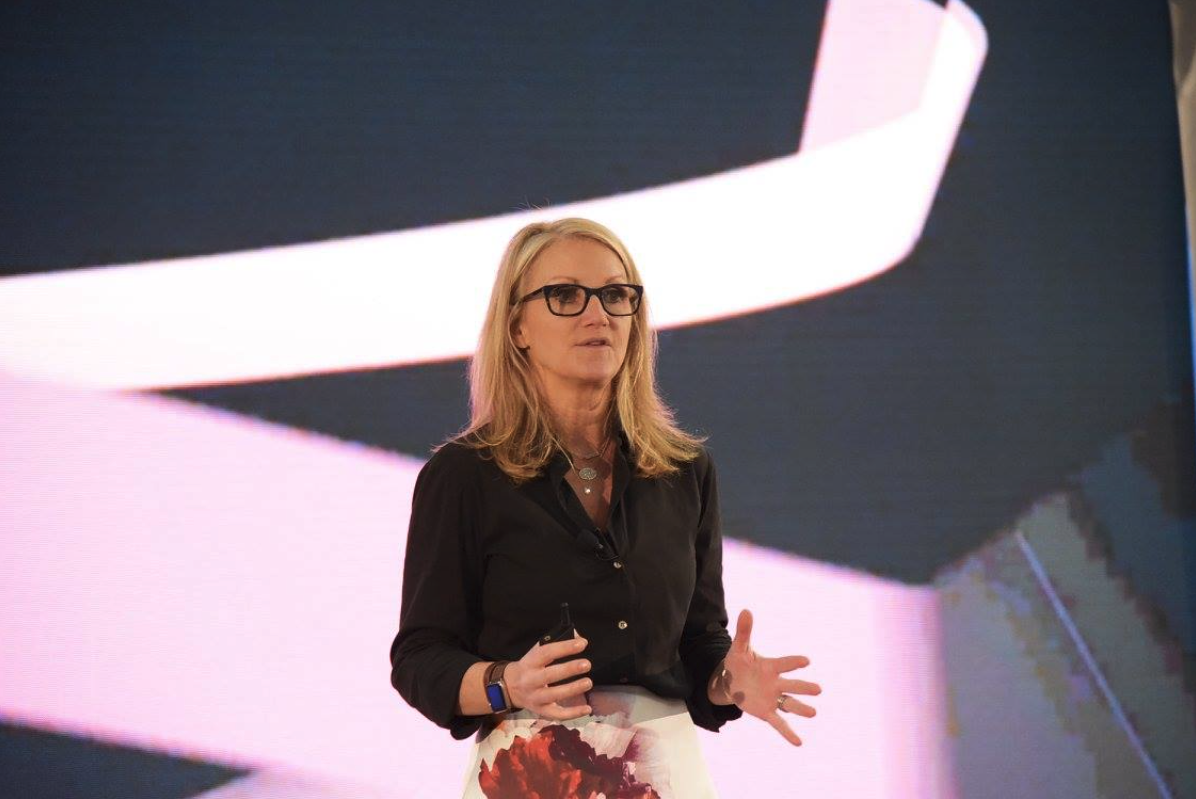Jealousy has a bad reputation for being a negative emotion.
It’s something we as humans do when we are feeling insecure. It’s probably easier to be triggered now than it was “back in the olden days” because now we have the internet. Social media – like Face Crack – has people giving their own unique representations of themselves.
People display of themselves to the world the way they want to be seen. “Look at my house. Look at my peaceful serenity on this island.”

Most people want others to view them as people who are successful in life. Lots of friends, lots of family, lots of money. Sometimes the motivation with these FB posts is to make others jealous of their achievements. These situations of jealousy can cause stress, depression, and anxiety.
Mel Robbins
However, there is a completely different take on jealousy I heard in Mel Robbins’s new book “The High 5 Habit”.
I wrote a book review blog in a previous post and I continue to highly recommend the book to others. I just love Robbins’s no-nonsense style and take on life.

If you are not familiar with her, please watch one of her hundreds of videos or her original TedX talk.
Anyway, so Mel noticed how disappointed and crappy she felt when experiencing jealousy toward those around her. She noticed that the feeling of jealousy often starts out innocent. There’s this low rumble of frustration about others getting what they want and being happy.
She noticed that she would sometimes turn these feelings inward and blame herself. It’s like she would get so upset to the core of her being about not being in the same place of life as those guys.
Robbins shared how she would leave a friend’s dinner party and feel so jealous about how beautiful the person’s house was and all of the wonderful things they had. She would then go home and notice the lack of the same things and her smaller house and feel like crap.
Jealousy vs Envy
Robbins also breaks down the important difference between jealousy and envy.
Jealousy is when you see something someone has and you want it too. Jealousy is ruled by introspection and noticing problems you see in yourself.
Envy is when you begin becoming critical and resentful of others and hate them for getting what they want. If I may add, envy means that you are not only jealous, but that you want to hurt the other person.
Transforming jealousy
Here is the real way to turn jealousy into something productive!
When you experience jealousy towards someone it may be a sign to yourself that you need to pursue the thing they are doing. It may be your unconscious mind sending you a message to follow the passion of what that person is pursuing.
Do you notice there are some things you don’t feel jealous about at all? You see someone who is an excellent water skier, but for some reason this doesn’t affect you.
This may be because they aren’t your dreams or pursuits.
For example, again, I am not interested in gardening. I really love fresh produce and the feeling of walking through a garden, but having one for myself is not my dream. I don’t have any emotional connection toward this pursuit and feel no jealousy as a result.
However, on the flip side I have always been interested in fitness and becoming healthy and strong. I noticed I felt jealousy when noticing others who were further along on their fitness journey and seemed to have it figured out.

Look at those abs!
When you notice these feelings, use them as leverage to get started for yourself.
Become inspired
It is also important not to compare where you are to where the person you are “inspired by” is on their own journey. They may have been going to workout classes for years and have found ways to really dial in to what it takes for them to be successful in that area.
Also instead of becoming frustrated toward the person who is doing the thing you want, ask yourself “what can I learn from them?”
Maybe it is worth setting up a coffee date or a phone call. Or to examine how you can get there yourself. Maybe there is a book that inspired them? What did they do to get on the path?
For example, after I had my second baby I wanted to make the change to incorporate more fitness into my life. I then went to a local gym and started a workout routine.
I asked for help from others who had tools to share about becoming more fit. At the time of writing this blog I am pregnant with my third child and will start this journey again.
If they can do it, so can I
Another empowering way to look at jealousy is to know, “If they can do it, so can I.”
Seeing them do it provides us tangible examples of the possibility of doing it ourselves. If we continue to see these examples our brains become more in tune to figure out how we can also achieve the same thing. It is like noticing clues that point to the positive direction we want to go in our lives.
Our RAS
The more technical way to describe this is the “Reticular Activating System or RAS.” This is a filter system made up of neurons in our brain that help filter out what we focus our attention on. This is the way our brain searches for evidence which proves whatever we tell ourselves is true.
One popular example I have heard to describe this is when we get a new blue car and suddenly notice everyone with that same blue car. The same number of people driving that particular car was always there, but our brains began to find clues to support the new filter for finding the car.
We can utilize our understanding of our brain’s RAS when it comes to pursuing whatever it is we are noticing we are jealous of.
If we want to go on a trip then we can start gathering evidence of other people who are traveling.

It is really wonderful when we are able to transform our feelings. We see evidence in the other other person that we can do it, and thus redirect our lives toward our new found passion.
They are inspirations – and our jealousy was a gift to get our butts moving.
